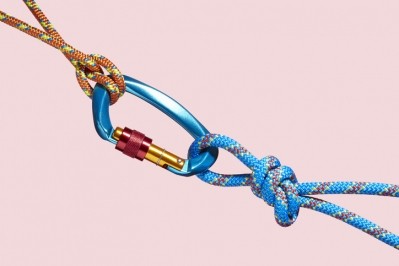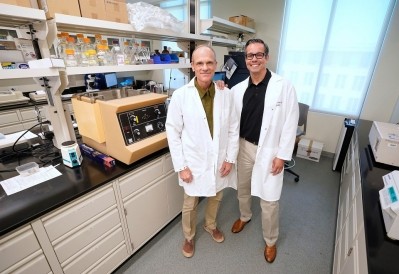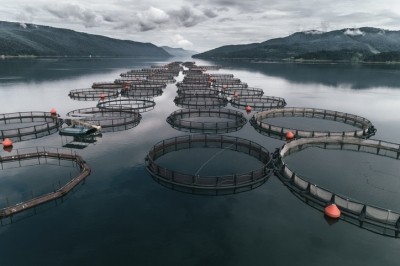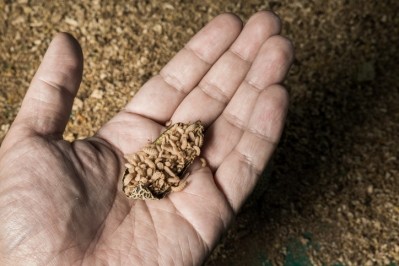New regulation to boost the circular economy aspect of EU insect production
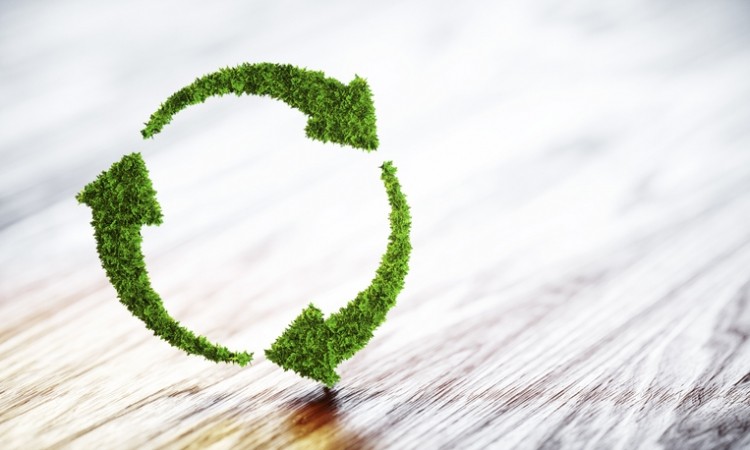
On May 25, delegates of the EU-27 in the EU Standing Committee on Plants, Animals, Food and Feed (SCOPAFF) backed draft regulation aimed at setting EU baseline standards for the validation of insect frass as fertilizer, as part of the EU legislation on animal by-products.
The regulation harmonizing the standards for insect frass in the EU will play a pivotal role in bolstering the competitiveness and overall growth of the sector, while enhancing its circularity potential and contributing to generating complementary revenues for insect producers, said EU trade group, the International Platform of Insects for Food and Feed (IPIFF).
“We expect the standards to enter into force towards the end of this year,” said Constantin Muraru, spokesperson for IPIFF.
The proposed legislation puts forward uniform rules to guarantee the safe application of insect frass as fertilizing product in agriculture in the EU.
To date, the possibility of using insect frass was rather limited in the EU due to a lack of standardization, explained Muraru.
Several EU countries strictly regulated the conditions for commercializing insect frass within their national market - by imposing treatment standards for frass, such as pressure sterilization or through lengthy and burdensome authorization procedures – while its legal status remained uncertain in many other EU members states, he explained.
This fragmented regulatory approach in the EU thus limited the possibilities for many insect producers to upcycle such materials.
If an insect producer was based in one country in the Benelux region, for example, and producing frass close to border, but the neighboring country had a different processing standard for frass, then that lack of coherence would automatically impede commercialization of the insect processing component, said the IPIFF representative.
“This regulation, therefore, by aligning the processing methods for insect frass within the EU, now enables a level playing field,” he told us.
The legislation also sets inclusion levels - a 5% volume and 3% weight threshold - for non-faecal materials found in frass such as dead insects and shreds of exoskeletons.
“And when the new EU organic legislation enters into force on January 1, 2022, frass will become even more relevant,” added the spokesperson.
Insect frass is – from a quantitative point of view – the main output generated by insect farming activities, according to IPIFF. Similar to compost or other types of animal manure, frass contains relevant nutrients and micronutrients, as well as chitin, which could stimulate the growth of beneficial bacteria in soil, said the trade body.
Spinning a new story: silkworm added to approved species list
As part of the same legislation, the EU executive also proposed the authorization of the use of silkworm (Bombyx mori) derived protein in aquaculture feed.
The species was already approved for use in the feed of non-food producing animals, and was evaluated by the EU Food Safety Authority (EFSA) in its insect protein risk profile opinion in 2015.
So for IPIFF, adding silkworm to the list of seven approved insect species for use in fish feed and, eventually, later this year, in poultry and pig feed, is a logical step.
“We have evaluated recently published studies on the impact of silkworm meal in terms of poultry production. That insect has an interesting nutrition profile, not just in terms of its protein or amino acid content, but also its omega-3 fatty acid profile,” said Muraru.
